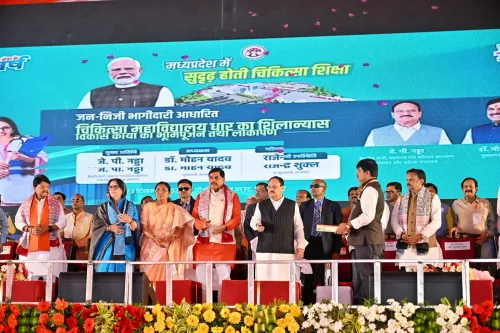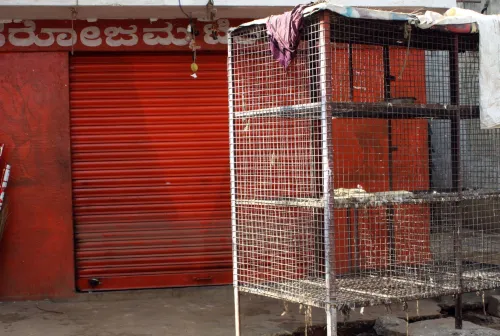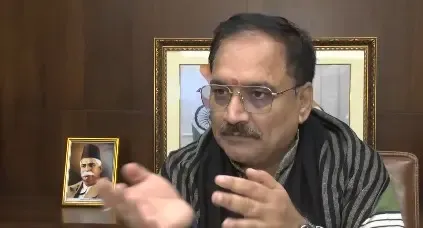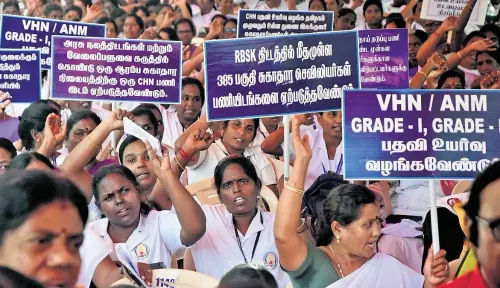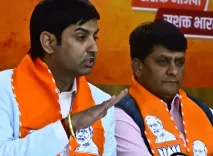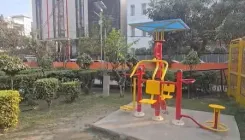Is the Condition of the Government Health Centre in Jabalpur Really That Bad?
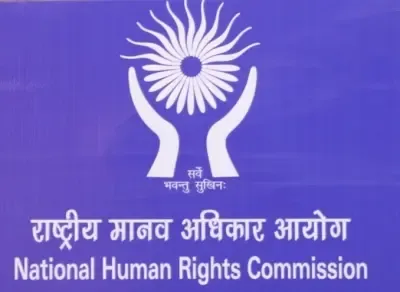
Synopsis
Key Takeaways
- NHRC's proactive role in addressing health issues.
- Serious concerns over the absence of doctors at night.
- Consequences of inadequate health services on patient care.
- Importance of timely medical attention in emergencies.
- Need for accountability in public health systems.
New Delhi, Sep 18 (NationPress) The National Human Rights Commission (NHRC) has taken suo motu cognizance of a media report emphasizing the poor condition of a government-operated primary health centre (PHC) located in Barela, Jabalpur, Madhya Pradesh.
As per the media report, even though four doctors are stationed at the health centre, none reportedly fulfill their duties during the night hours.
Patients, especially those injured in accidents, are frequently sent to the District Hospital for even basic first aid and treatment.
In some cases, the lack of medical personnel at the PHC has allegedly led to loss of life.
The report further indicated that the absence of night-time medical services hampers the ability to conduct medico-legal examinations for accident victims.
Police officers who bring patients for these examinations are compelled to transport them to the District Hospital, resulting in delays and unnecessary difficulties in administering lifesaving care.
Responding to the report, the NHRC expressed that if the claims are accurate, they raise significant concerns regarding human rights violations.
The NHRC has sent a notice to the Chief Secretary of Madhya Pradesh, demanding a comprehensive report on the issue within a two-week timeframe.
Formed under the Protection of Human Rights Act in 1993, the NHRC serves as an autonomous statutory body reflecting India's dedication to promoting and safeguarding human rights.
Its principal mission is to uphold and advance human rights, which encompass the rights to life, liberty, equality, and dignity guaranteed by the Constitution or recognized in international agreements enforceable by the courts in India.
This leading human rights organization possesses the authority to undertake suo motu actions based on media reports, public awareness, or other sources, without needing a formal complaint regarding human rights infringements.


